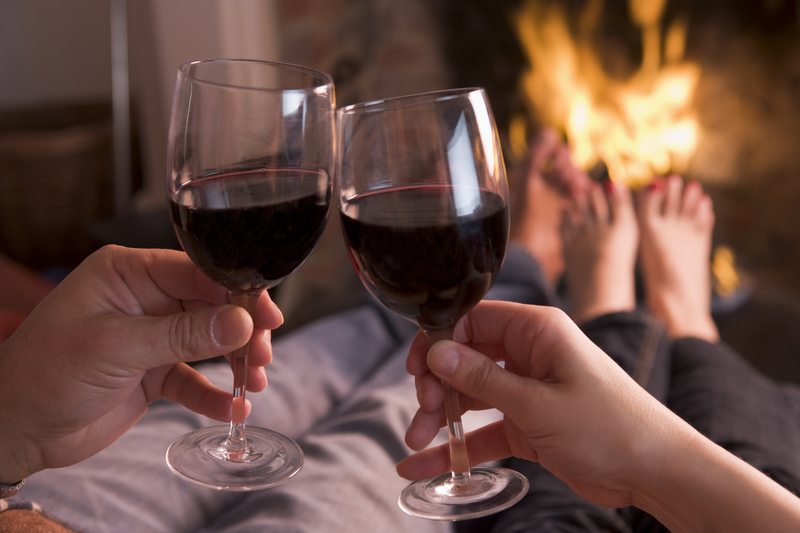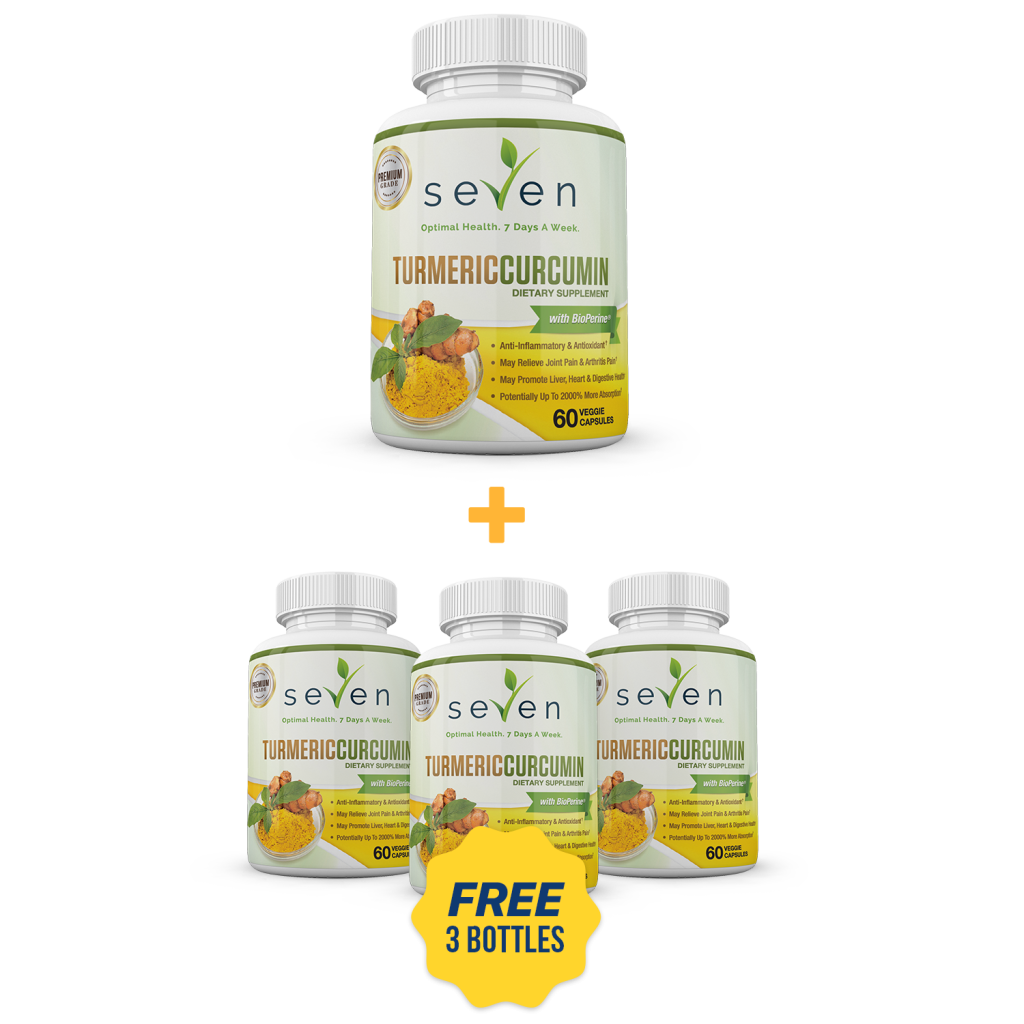Wine contains tons of antioxidants – most notably, resveratrol. It has potent anti-aging effects. So that means drinking alcohol is OK, right?
Or just wine?
Or maybe you can drink those low carb beers. Because carbs are the enemy, right? Unfortunately, there’s a lot more to alcohol than just the carbs that effects weight gain.
What Happens in Your Body
Alcohol is not a macronutrient, so it can’t be metabolized the same way.
Liver
First, it’s got to get all of the alcohol out of your system – unless you’re mixing your alcohol with drugs and chemicals (like processed foods). Then your liver prioritizes those first.
Last on the list?
Fat.
So by drinking a glass of wine or a bottle of beer, you’ve told your body to hold off on fat until all the alcohol is gone. While eating fat doesn’t necessarily gain weight, fat is a dense nutrient that contains a lot of calories.
Pancreas
Your pancreas may or may not become inflamed. People react differently to alcohol. If your pancreas does become inflamed, it can affect your body’s ability to control its blood sugar, your digestive system, and yes, your metabolism. So far, not so good.
Testosterone
Testosterone helps build muscles (even in females). But for some reason, alcohol consumption doesn’t affect the testosterone levels of women. A study revealed that even a small amount of alcohol can decrease your testosterone levels by almost 7%. So if you’re not seeing much of an increase in muscle size and you’re drinking alcohol regularly, it may be time to rethink your drinking habits.
Side Effects
So we finally get to the more obvious part. But you may not be entirely clear on the why.
Sure, you’ve got beer belly as an overly obvious side effect. We’ll ignore that though because there’s something else more important going on.
Alcohol reduces your inhibitions. That’s why you may be more “friendly” or more apt to start a fight. Your actions may completely change and your waiter or bartender is banking on that fact.
A study involving 60 undergraduate women sought to figure out if drinking really does increase your desire to eat. Spoiler alert: it does. Half the group drank alcohol and the other half drank a drink that smelled like alcohol. They were then told they could eat as many chocolate chip cookies as they wanted.
However, all is not lost. You can overcome it by simply having better self-control. Those who were controlling their calorie intake in the study were actually able to control their cravings and ate less cookies.
Eating, of course, isn’t all you have to be careful of. When you start drinking, you have a tendency to drink more. And if you’re not drinking straight alcohol or beer, you’re probably mixing your drink with a lot of sugar, calories, and other items you really don’t need.
Can You Still Drink?
Sure, you can still drink here and there if you want to. Just do your best to limit the amount you drink. Just remember the old adage: Everything in moderation.
If you still want the benefits of red wine, then you could just eat grapes. As a rule, the darker, the better.
However, in a grape like a muscadine, most of the resveratrol is in the skin and the seed (and you can’t eat the seed…). Other sources include blueberries, blackberries, chocolate, and even peanut butter. However, be mindful of your sugar intake.
References:
https://www.ncbi.nlm.nih.gov/pubmed/15166654
http://psycnet.apa.org/psycinfo/2015-57035-001/



What did you think about this article?